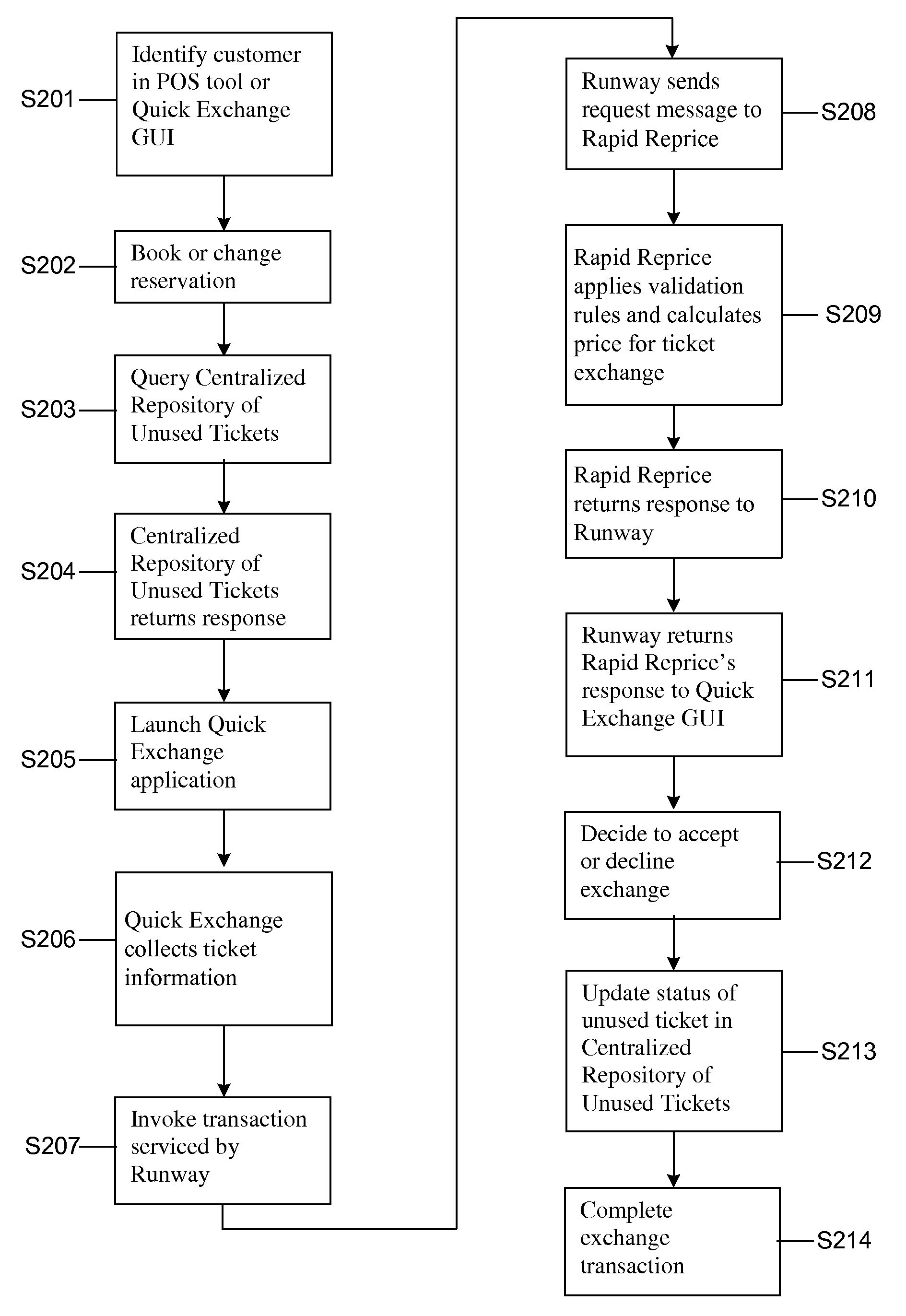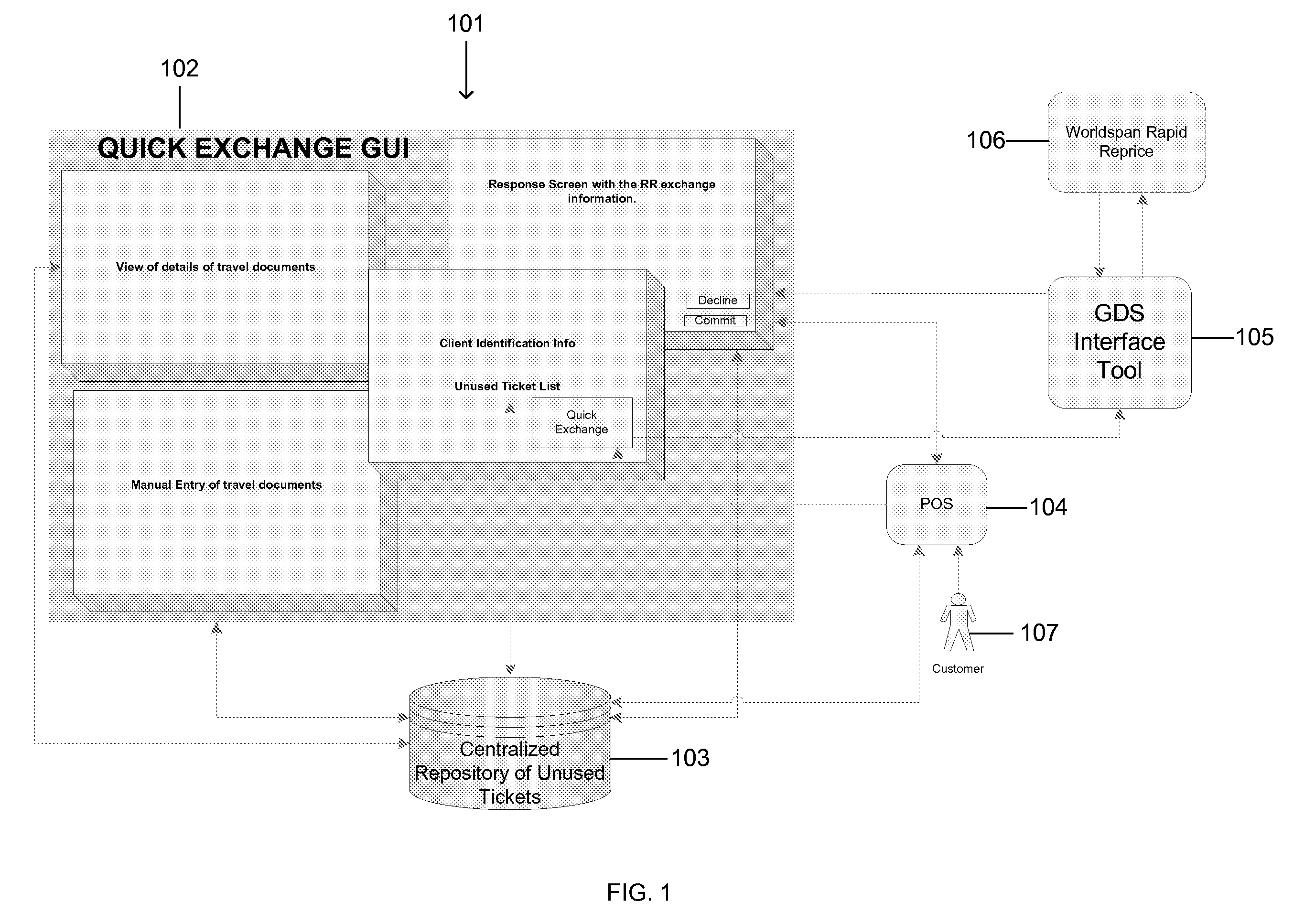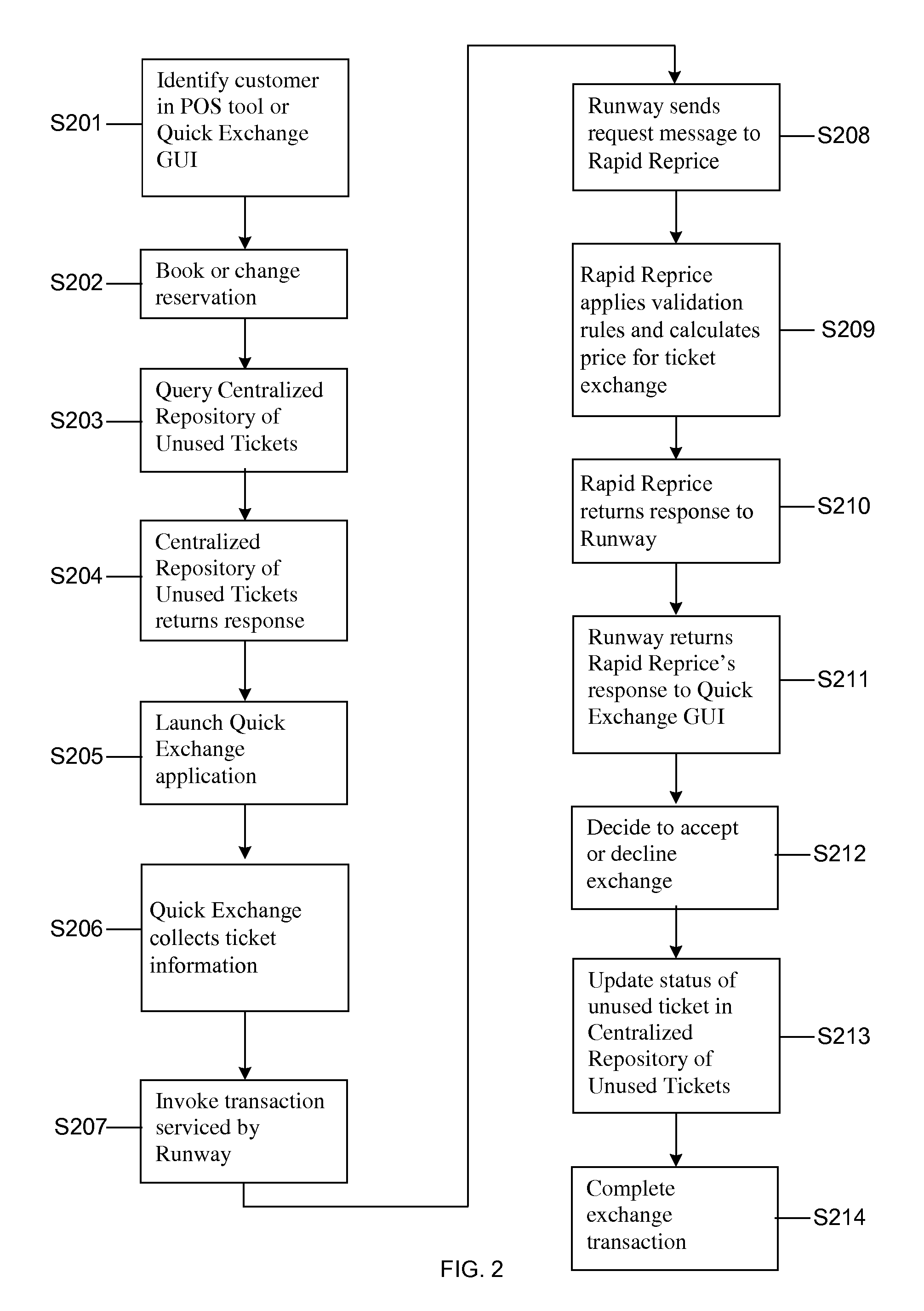Many travelers, and especially frequent business travelers, find themselves in the position of scheduling many trips, changing itineraries, canceling or rescheduling trips, and otherwise creating a complex history of travel scheduling and rescheduling.
The problem of failure to timely use tickets and / or to redeem unused tickets is exacerbated by the growing use of electronic tickets, since, in the case of an electronic ticket, the traveler may have no paper
record to remind him or her when to use the ticket or even that a ticket exists.
If no refund is claimed after expiration, the
residual value of the unused ticket is usually kept by the airline or other
service provider, resulting in a total loss for the purchaser.
A frequent traveler or a business that employs a number of employees who travel can sustain significant financial losses by allowing multiple paid-in-full, but unused tickets to expire rather than obtaining refunds for them.
For example, full or partial refunds may be available prior to a specific date, although they may be severely limited after such date.
Unfortunately, to recapture value from an unused, non-refundable ticket usually requires a cumbersome alternative to a refund, such as an exchange, a credit, a discount, or some other mechanism for redeeming the ticket to capture its
residual value.
The validation rules are based on characteristics of the tickets and typically limit the conditions under which the unused, non-refundable ticket can be redeemed / exchanged.
Application of the validation rules is a time-consuming procedure.
Moreover, it is generally not feasible to estimate the
residual value of an unused, non-refundable ticket, or even to determine whether it is exchangeable at all, by some other means that would permit one to bypass application of the rules.
In addition, the rules are often complicated, and in some cases, debatable.
Thus, it is necessary to perform the laborious and time-consuming procedure of applying the rules even though there is a significant chance of obtaining a negative outcome, e.g., of determining that the ticket may not be used as desired or has no significant value at all.
The ticket that the customer believes is unused may be partially used (i.e., open), which the travel agent may not be able to ascertain without going through the process of applying the validation rules.
Since travel agents are generally under pressure or requirements to limit the time allocated to a given customer or transaction, they may not have an incentive to apply the validation rules, in view of the time and difficulty involved therewith and the possibility that the time and labor expended could turn out to be wasted.
Consequently, many unused tickets expire without their residual value having ever been sought or claimed.
This practice causes significant financial loss to travelers and, in particular, to large organizations having many employees who travel.
In addition to the above-described problems of time and labor and consequent disincentive to attempt redemption of unused tickets, the difficulty of applying the validation rules results in errors being made by travel agents in
processing exchanges of unused tickets for new tickets.
These costs to the travel agency constitute another disincentive to attempting to obtain the residual value from unused tickets.
In addition to facing the above-described problems involved in
processing redemption / exchanges of unused tickets, large organizations (e.g., travel agencies) have had difficulty effectively recapturing the residual value of unused tickets due to the lack of both (1) a
centralized database for keeping records of unused tickets, accessible by all the offices or branches of an agency, and (2) a single uniform procedure for
processing and redeeming unused tickets, which is followed by the offices or branches of an agency.
Also, offices may not even have the ability to retrieve the information about existing unused tickets issued by other offices of the same agency, which information would be necessary to use such tickets in exchange for a new ticket (e.g., if a traveler purchases a ticket at one office, does not use it, and wishes to redeem / exchange it for a new ticket at a different office of the agency).
In sum, conventionally, there has been no effective and efficient way to track unused tickets and to facilitate their redemption / exchange for credit applied to the purchase of new tickets on behalf of the traveler / purchaser.
Any systems that have been available have been substantially manual systems that are not sufficiently reliable in terms of tracking unused tickets, identifying the status of such tickets (e.g., as unused or redeemed / exchanged), providing this information to the traveler / purchaser for the purpose of redemption / exchange, and efficiently processing redemptions / exchanges of unused tickets.
In addition, existing systems have not been organized on an organizationally global scale.
 Login to View More
Login to View More  Login to View More
Login to View More 


